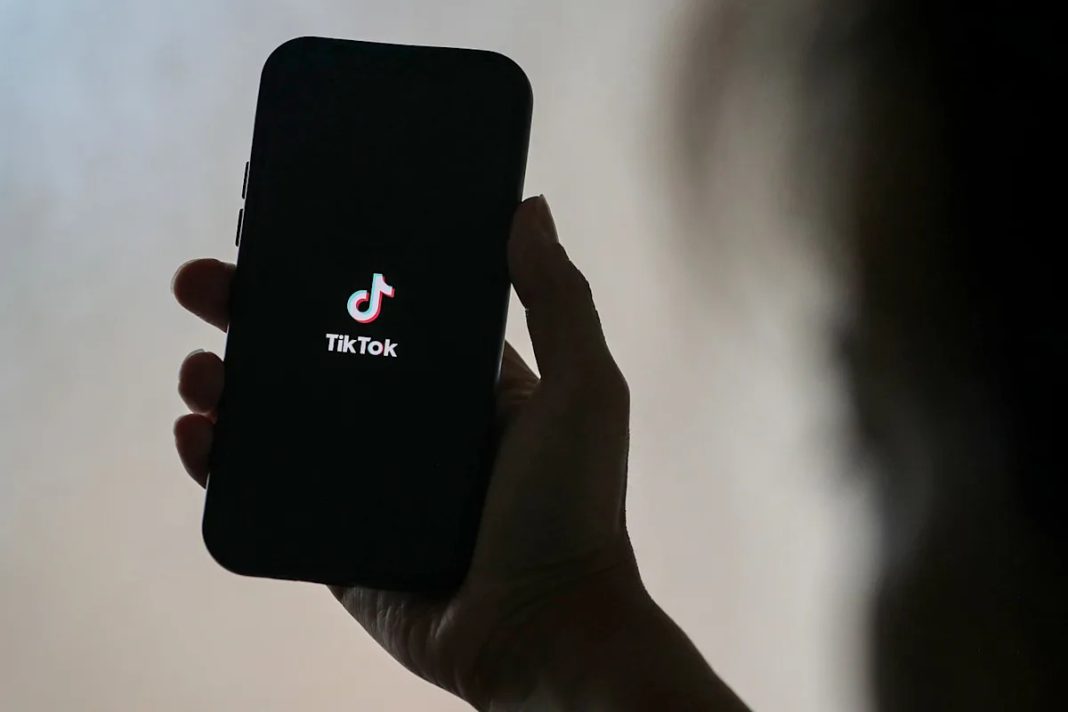When Donald Trump sat down with Fox News’ Maria Bartiromo in June, the president, unprompted, boasted, “We have a buyer for TikTok, by the way.” When the host asked who the buyer is, the Republican replied, “I’ll tell you in about two weeks.”
That was 11 weeks ago. And while there have been some developments that pointed to a possible breakthrough, as well as unconfirmed reports about a new ownership consortium, we still don’t know who’ll own the popular app going forward.
We do know, however, that the Trump administration isn’t enforcing federal law. The Associated Press reported:
President Donald Trump formally extended the deadline to keep the social media app TikTok available in the United States until Dec. 16, giving time to complete the framework of the deal announced Monday after talks between American and Chinese government officials. The executive order signed on Tuesday by Trump was the fourth time he has bypassed federal law to prolong the deadline for the China-associated TikTok to sell its assets to an American company or face a ban.
Some headlines on this suggested the president had merely extended an existing deadline, which made it sound like this is routine and bureaucratic. It would, however, be more accurate to say Trump keeps declaring his refusal to enforce federal law.
If you are new to this story, let’s quickly review how we arrived at this point.
During the president’s first term, the Republican made no effort to hide his opposition to TikTok. It was just five years ago when he announced plans to go after the platform, and an executive order soon followed. That policy ultimately failed in the courts, but Trump was explicit in arguing that the app should not exist on Americans’ phones.
“As far as TikTok is concerned, we’re banning them from the United States,” the president said during his 2020 re-election campaign.
Trump, true to form, ended up reversing course. But policymakers stuck to his original position, and last year, Congress approved, and Joe Biden signed, a measure that moved toward a ban on TikTok, deeming it a national security threat.
On the first day of his second term, Trump delayed implementation of the law — with the Supreme Court’s approval — by 90 days to give federal officials time to complete a transfer of ownership from China to the United States. In April, as the deadline approached, the president did it again; and in June, he did it for a third time.
At that point, The Associated Press reported that Trump was acting without a “clear legal basis.” This is a critically important point: The president keeps issuing orders (including his fourth such announcement this week) that effectively say, “I’ve decided, at my own discretion, that I’m not going to enforce federal law in this area for the next few months.”
When a reporter pressed White House press secretary Karoline Leavitt in June as to whether such moves are legal, she said administration officials “strongly believe” that it’s fine. But that was hardly reassuring: Team Trump telling Team Trump that it can do what the president wants isn’t much of a justification.
As my MSNBC colleague Ja’han Jones explained, “Donald Trump’s refusal to impose a congressionally authorized ban on TikTok is a clear example of his disregard for democracy,” adding that the president’s delays reflect “a very Putin-esque way of doing business.”
Soon after, the White House even joined TikTok, apparently indifferent to the fact that the app, according to the law Trump doesn’t want to enforce, shouldn’t legally exist in this country.
I won’t pretend to know what will happen next, but for now, an American president is allowing a Chinese-owned company to operate illegally in the U.S., at least in part because he thinks it benefits him politically. The public is entitled to some kind of explanation for this.
This post updates our related earlier coverage.
This article was originally published on MSNBC.com

